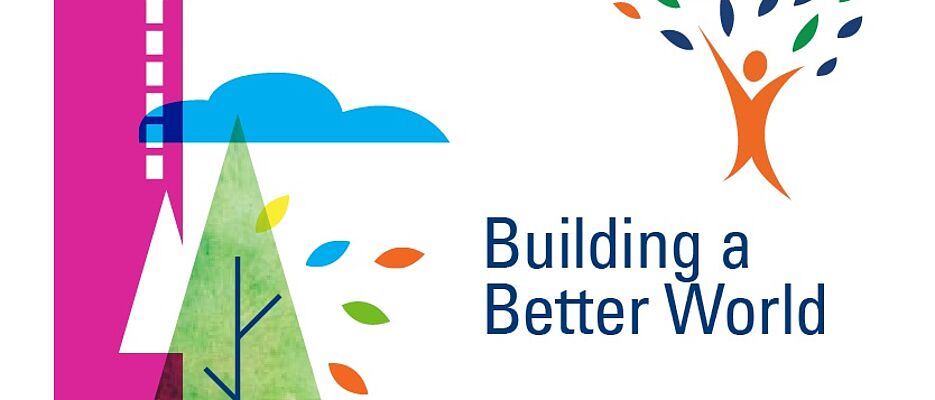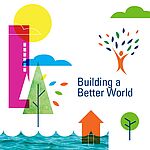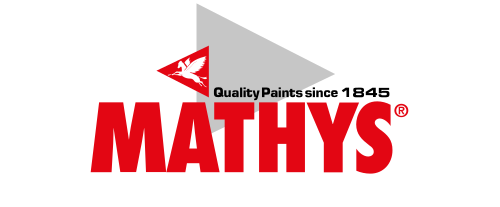Martin Mathys NV/Rust-Oleum Europe is also committed to sustainability in the context of RPM's 'Building a Better World' campaign around the three pillars: our products, our people and our processes.
For a status update, we therefore submitted 3 questions to our environmental coordinator Natalie Hansen. We would like to give you an update on our sustainable environmental initiatives to identify and implement additional opportunities for water reuse and conservation.
1. Can you start by introducing yourself and tell us a bit more about sustainable water use and recycling at Rust-Oleum Europe/ Martin Mathys?
My name is Natalie Hansen and I have been working as an external environmental coordinator for Rust-Oleum EU/Martin Mathys since October 2006. I work on a self-employed basis and am usually on site 1 day a week. A lot has changed in those 16 years. In the past, for example, the waste water was treated on site in our own water treatment plant and then discharged.
For a number of years, the waste water has been transported to an external specialized company to be treated there. There is a strong focus on water conservation. For example, when flushing production boilers, water consumption is taken into account. The cooling water circuit, which used to be an open circuit where the cooling water was discharged, has now become a closed circuit where virtually no cooling water is discharged and consumption has therefore fallen sharply. We also want to focus even more on rainwater collection and rainwater reuse in the future.
Another good example of recycling is the external distillation of contaminated rinse solvent. Solvent is used to clean the production kettles of the solvent-based paints. Previously, this contaminated rinse solvent was then sent to a processor to be incinerated. For a long time, this polluted rinse solvent has been distilled by an external company and the distillate is reused as rinse solvent in the production.
2. What challenges are there in sustainable water use and solvent recycling?
In order to be able to reuse rainwater, it must of course be collected first. There is still work to be done here, because rainwater is not yet collected everywhere. Moreover, the quality of the water is also important if you want to reuse it. This is not so bad for 'low-value applications' such as flushing toilets, but for the use of rainwater as flushing water from production boilers, extra attention must be paid to purify the rainwater.
If we would then like to go a step further, then we would have to investigate whether the rainwater after purification can also be used as a raw material for water-based paints. But that's in the future for now.
3. Have there been many evolutions in the field of sustainability and recycling in recent years?
Sustainability in general and sustainable water use are increasingly being placed in the foreground due to the climate and drought problems. We naturally follow Flemish and European environmental legislation, which is increasingly evolving towards sustainable and circular processes. We also see that more attention is being paid to this from the parent company RPM. For example, objectives were imposed with regard to water reuse and reducing greenhouse gas emissions. So we keep improving continuously.
Thank you Natalie for your time and explanation!



